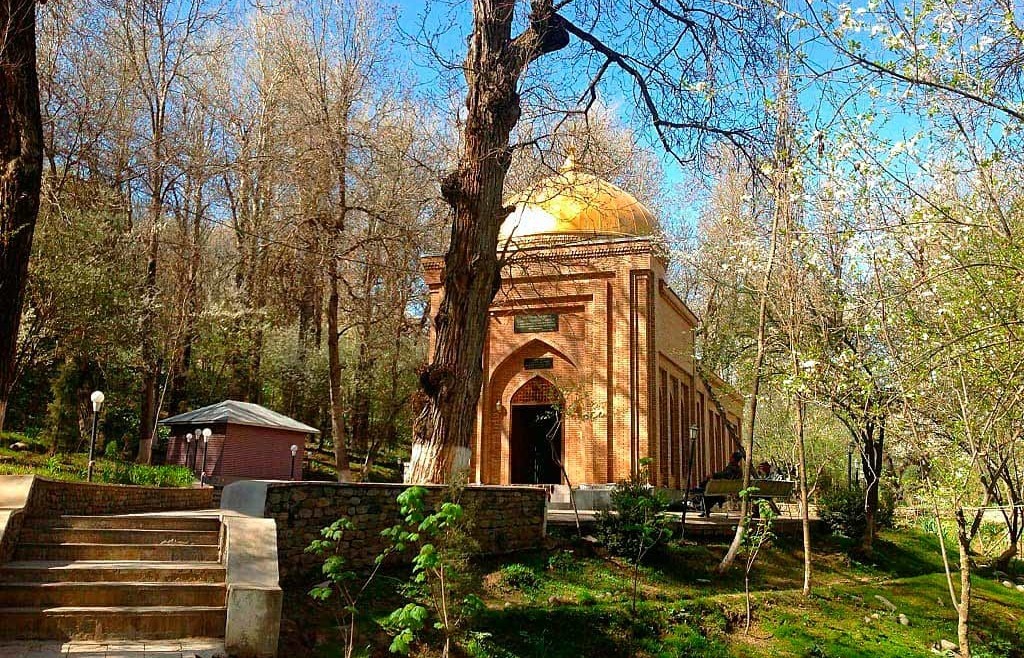Uvais Ibn Amir al-Karani (Arab. أويس القاراني; 594, Yemen-657, Syria) is a Yemeni Muslim, Shaheed and tabiin. He was a contemporary of the prophet Muhammad, but never saw him.
For any Muslim especially familiar with the history of Islam, the historicity of the figure of Uvais al-Karani is not in doubt. Numerous books and feature films are dedicated to him. The Sufi tradition of Uvaisi is also named after him. It is believed that this Muslim Wali (Arab. “the closest to God”) belonged to the tabi’in (the second generation of Muhammad’s companions) of Yemen and became famous for his special piety and respect for the prophet Muhammad. Biography and legends associated with the personality of Uvais, described in the famous biographical essay, Farid ad-DIN of Attar Tazkirat al-awliya. According to these legends, Uvais led an ascetic life, herding camels, and spent the reward on the maintenance of his infirm mother. Allegedly, this circumstance prevented him from leaving Yemen and going to Muhammad.
According to legend, the emergence of Mazar Uvais in Hovaling is connected with his will, according to which Wali asked his followers to put the coffin with his body on a white camel and bury it where the camel will stop for rest.
The camel stopped several times to rest and drink water, but as soon as the murids wanted to remove Vali’s body and bury it, the camel would rise again and set off. All these intermediate sites became Mazars-kadamgahs (“places of pilgrimage in the form of a footprint”) of Uvais. Thus the caravan made its way from Yemen to Khatlon. In Khovaling camel made a final stop in the place and there was a Mazar.
Mazar in Khovaling is a large complex consisting of several elements: the tomb of Wali, in which mutawalli (usually 3-4 people) for a donation (20-40 somoni) conduct the ritual of du’a, a Park with organized Parking, hotels and dining room for pilgrims, as well as a Bazaar. The main objects of pilgrimage are five sources:
Chashmai magfirat-the source of forgiveness and absolution;
Chashmai Rahmat is the source of [God’s] mercy;
Chashmai Murod-the source of prayer for the fulfillment of desires;
Chashmai Hikmat-the source of wisdom (the motto of the source: “O God, fill my chest with joy»);
Chashmai Shifo is the source of healing (the motto of the source: “O God, heal all our pains”).

